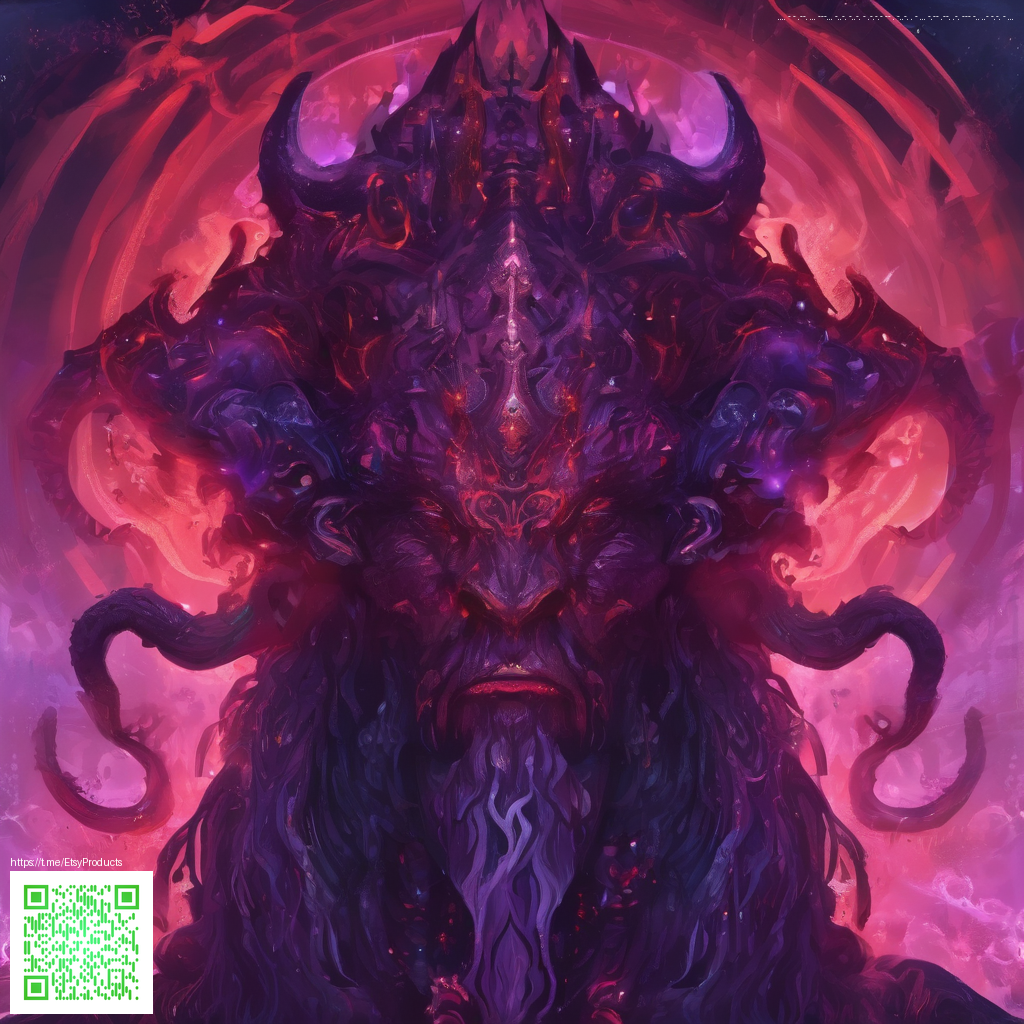
Understanding Why Some Games Ban Player-to-Player Trading
Player-to-player trading is one of the most alluring facets of online gaming. It fosters collaboration, builds in-game economies, and gives communities a sense of shared growth. Yet it’s also a space where risk runs high: trust can fracture, currencies can inflate in unpredictable ways, and scams can proliferate faster than legitimate exchanges. For developers and publishers, the question isn’t whether trading should exist, but under what rules and safeguards it should operate. That balance often determines whether a game’s economy remains healthy or spirals into a cascade of fraud and dissatisfaction.
What triggers bans and why they’re sometimes necessary
- Fraud and real-money trading (RMT): When in-game items or currency become a marketplace for real-world value, the lines between play and business blur. Bans help curb exploitative practices that can cripple the broader player base.
- Duplication and exploit abuse: Some games face periodic item duplication glitches. Trading activities can be the vectors that propagate these bugs, undermining item rarity and the integrity of the economy.
- Account security risks: Unauthorized trades can indicate compromised accounts. Companies may suspend or ban trading to protect players from broader threats, including phishing and credential theft.
- Inflation and market manipulation: If a handful of traders pump fake demand or corner markets, the resulting price distortions can erode trust and deter new players from joining.
- Griefing and coercion: Some players use trades to bully others, pressure free-to-play participants, or push out custodial ownership of scarce items. Bans act as a reef against such harassment.
- Third-party marketplaces: Allowing cross-game or external marketplaces often introduces regulatory and safety concerns, prompting tighter restrictions or bans to preserve a closed, supervised ecosystem.
“A healthy trading system is less about the act of swapping items and more about preserving trust across a community. When trades go wrong, it isn’t just a single loss—it’s a blow to player confidence.”
In practice, bans aren’t always permanent or absolute. Some titles implement temporary suspensions while investigators review trade histories, while others offer remediation paths for players who can demonstrate legitimate reasons for certain exchanges. The overarching aim is to protect players, preserve fair value in items and currencies, and ensure that new players aren’t discouraged by predatory behavior.
How developers design safer trading ecosystems
Most contemporary games employ several layers of safeguards. First, verifiable identity and trusted trade channels limit who can initiate exchanges and reduce the risk of scams. Next, trade caps and timing windows help prevent market manipulation, while trade escrow mechanisms add a layer of protection to both sides of a deal. Finally, robust ban policies act as a deterrent and a cleanup tool, ensuring that bad actors don’t derail the broader community.
For players who want to navigate this landscape thoughtfully, it helps to foster a proactive mindset about safety and transparency. Use in-game trade features that are designed to keep exchanges within the protected space, avoid off-platform deals, and report suspicious activity promptly. If you’re exploring new gear for your gaming setup or daily carry, you might appreciate tangible accessories that blend protection with practicality—for instance, the MagSafe Phone Case with Card Holder which combines durability with convenient card storage. It’s a reminder that personal gear and digital play intersect in the real world, reinforcing the idea that careful, considered choices extend beyond the screen.
For readers who want to compare perspectives or dive deeper into specific policy discussions, a useful resource is the community discussion at https://crystal-static.zero-static.xyz/70af5d34.html. It offers varied viewpoints on how bans shape player experience and what communities expect from developers when enforcing trade restrictions.